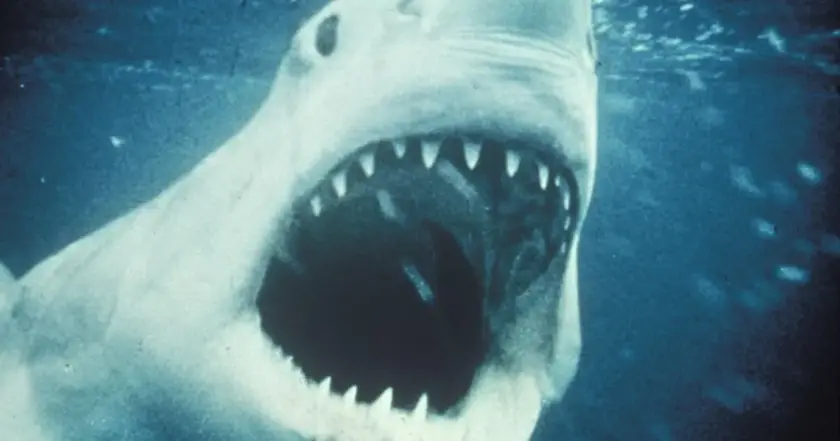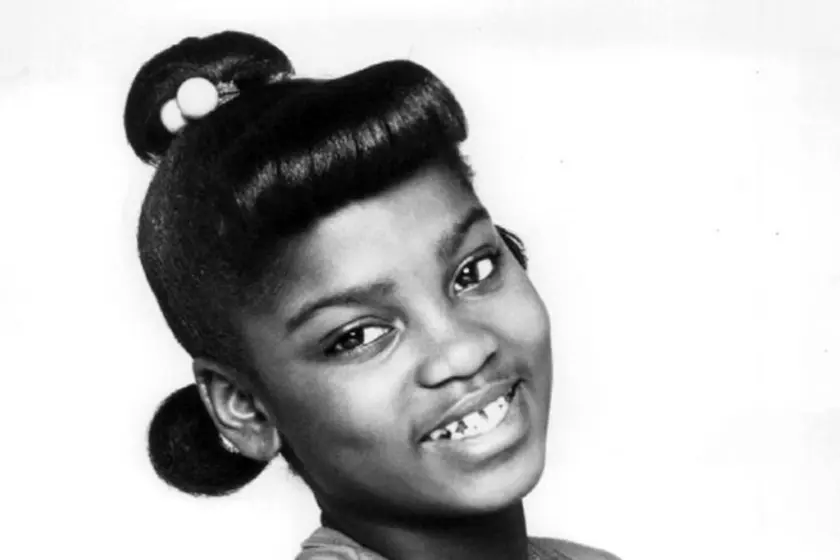T4K3.news
Jaws child actor keeps earning from a fleeting moment
Jeffrey Voorhees still collects residuals from Jaws decades after his brief role, and fans keep the memory alive through conventions and memorabilia.

A look at how a small film moment becomes a long lasting revenue stream through royalties, conventions and fan culture.
Jaws child actor turns brief role into lasting fortune
Jeffrey Voorhees was 12 when he played Alex Kintner, the young shark victim in Jaws. Now 62, he still earns residuals every time the film airs on television, and he has turned that tiny brush with fame into a steady income stream. He lives on Martha's Vineyard, keeps a schedule that includes fan conventions for about £10,000 a appearance, signs autographs, sells merch, and creates personalised Cameo videos. Fans even bring his old royalty statements to sign, and some collectors buy his statements on the open market. It shows how a single moment can linger in the economic life of a performer long after the scene is shot.
The circle expands beyond Voorhees. Other brief cameos also spawn long tail earnings: Jason Weaver, who provided the singing voice for young Simba in The Lion King, reportedly earned far more than the original upfront offer after royalties from soundtrack sales. Casey Margolis, who briefly played a young Jonah Hill in Superbad, has echoed that pattern too. Yet the financing landscape is changing. Streaming services offer ongoing access rather than episodic reruns, and many young actors report much smaller residuals than those from the classic TV and film era. The piece points to a broader shift in how fame is monetized and how much fans are willing to pay to keep a memory alive.
Key Takeaways
"It pays to die"
Voorhees described how his brief role continues to generate royalties
"She was in tears and I signed the raft for her"
A fan's emotional reaction at a signing
"I don't throw them away any more"
He keeps old royalty statements instead of discarding them
"These eye-watering sums are a symptom of how out of control fan culture has become"
Comment on the scale of fan-driven payments
The story reveals a niche but persistent economy around childhood fame. Residuals from classic films are not relics of the past; they are a living revenue stream shaped by fan culture and memorabilia. This has created a new kind of micro-entrepreneurship where fans become collectors and promoters, turning a fleeting moment into a lifetime of engagement and payment. At the same time, the economics highlight a split between older and newer distribution models. Traditional residuals were tied to broadcast cycles; streaming platforms keep content evergreen but often pay less in royalties to original performers. That contrast matters for actors and their families who rely on long term income.
Beyond money, the piece invites reflection on the social pressures around fame. The line between appreciation and intrusion can blur when fans buy vintage royalty statements or travel to remote shoots to meet a childhood memory. The health of this system depends on balancing fan enthusiasm with respect for personal boundaries and fair compensation.
Highlights
- Nostalgia pays when the credits roll again
- A tiny moment funds a lifetime of fan rituals
- These eye watering sums show the scale of fan culture
- The price of fame lingers long after the screen goes dark
Potential backlash over fan culture and royalties
The piece highlights obsessive fan behavior and the monetization of a childhood moment. It could spark criticism of how audiences profit from short lived fame and how families manage such earnings.
Fame can fade, but the price tag on memory keeps changing.
Enjoyed this? Let your friends know!
Related News

Jaws star keeps earning from old film

The Last Showgirl features emotional Bonnie Tyler song

Finn Wolfhard Completes Filming for Stranger Things

Danielle Spencer dies at 60 former Dee on Whats Happening

Himesh Patel shines in classic EastEnders

Olivier Martinez faces quiet decline in public eyes

Chi Lewis-Parry reveals ambitions in new horror film

UK mandates new online safety regulations
